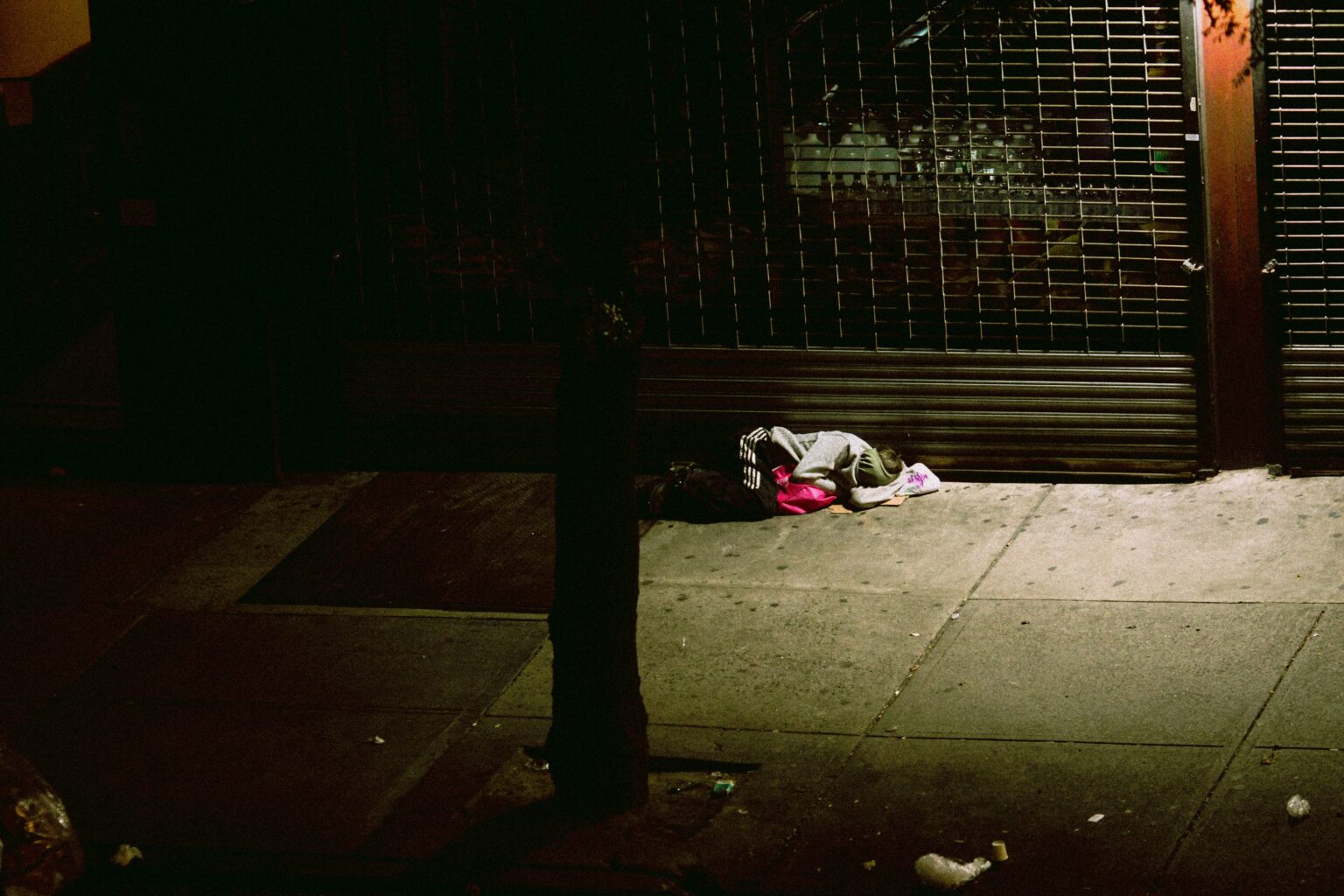The Biden Administration announced Monday it was rolling out a plan to reduce homelessness in major cities across the U.S. by one-fourth by the beginning of 2025.
The plan, under the U.S. Interagency Council on Homelessness (USICH), would allow federal agencies to work with states and cities to target unsheltered homelessness, expand housing and services and attempt to prevent homelessness before it happens.
The plan builds off the American Rescue Plan, which Biden signed in March 2021. It gave tens of billions of dollars in rental assistance to people struggling during the pandemic. The White House said Biden has also requested an increase in HUD’s homelessness assistance funds of more than $360 million for the 2023 fiscal year.
According to USICH, homelessness is rising after “steady declines” from 2010 to 2016. More than 1.2 million people experienced “sheltered homelessness” in 2020, the most recent year data was available.
“Homelessness is largely the result of failed policies,” the plan said. “Severely underfunded programs and inequitable access to quality education, health care (including treatment for mental health conditions and/or substance use disorders), and economic opportunity have led to an inadequate safety net.”
The plan also criticized the “criminalization” of homelessness that has resulted in the arrests of unhoused people or the removal of encampments.
Steve Berg, chief policy officer for the National Alliance to End Homelessness, told The Washington Post that it was too soon to judge whether the plan could reach its goal by 2025—although he added that he was “completely convinced” it was possible.
He pointed to targeted efforts to fight homelessness among specific groups, especially juveniles and veterans, which had shown success in the past. However, he conceded that homelessness among those with disabilities remained persistent.


